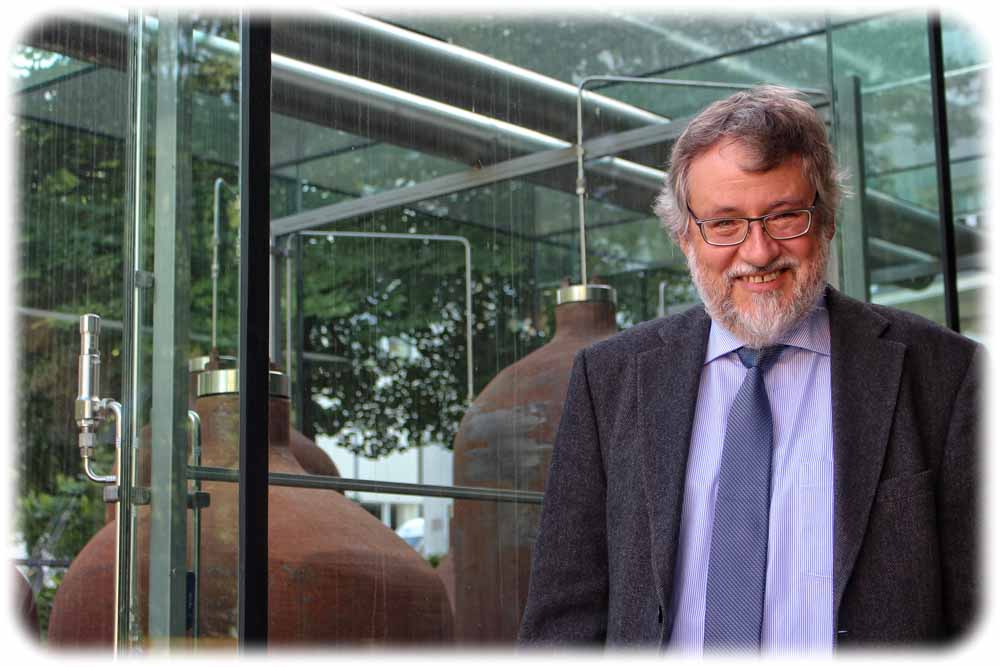In the field of magnonics, wave-based logic devices are constructed and studied based on the utilization of spin waves and their quanta - magnons. The field is developing rapidly due to its potential to implement innovative ways of data processing as a CMOS complementary technology. Basic building blocks of magnonics have already been realized. Examples are linear and nonlinear spin-wave waveguide structures, magnonic logic, as well as magnonic amplifiers such as the magnon transistor and parametric amplification.
In this seminar talk, I will give an overview over the fundamentals and the current trends in magnonics. One topic is the realization of new functionalities and devices by using concepts borrowed from integrated optics and combining them with the specific advantages found in magnetic systems. Examples are directional couplers and quantum-classical analogy devices, such as a magnonic Stimulated Raman Adiabatic Passage (STIRAP) device.
Another important direction is to use fundamentally new macroscopic quantum phenomena such as a Bose-Einstein condensate (BEC) at room temperature as a novel approach in the field of information processing technology. Very promising is the use of magnon supercurrents driven by a phase gradient in the magnon BEC. I will demonstrate evidence of the formation of a magnon supercurrent along with second magnonic sound, and its spatiotemporal behavior, which is revealed by means of time- and wavevector- resolved Brillouin light scattering (BLS) spectroscopy. I will conclude with an outlook.
Advanced Magnonics
Physikalisches Kolloquium

